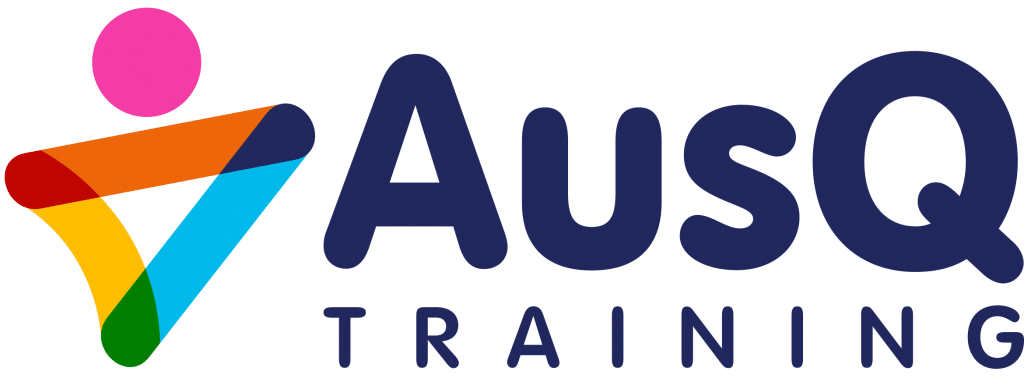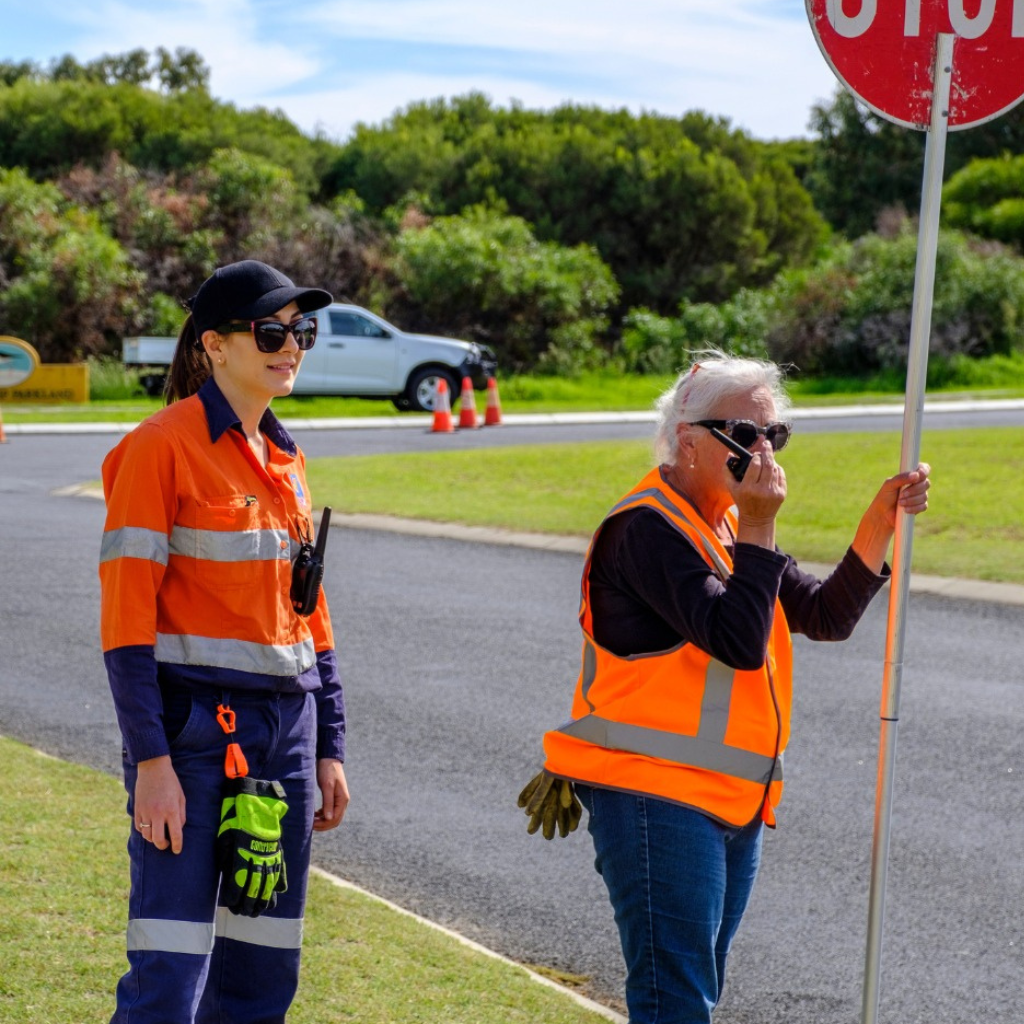Main Roads WA has released a NEW Code of Practice for Works on Roads in March 2024. We’ve put together a helpful article that summarises some of the key changes from this update.
Main Roads WA Code of Practice Works on Road March 2024 – Download Here
Main Roads WA Code of Practice Works on Road March 2024 Summary of Changes – Click Here
If you and your organisation work on or near roads, then this is a must-read for you. The following are just some of the key changes;
Section 2.1.1 Main Roads WA Policy for Works on High-Volume Roads
The Traffic Management at Roadworks on State Roads Policy and Application Guidelines to be removed and all requirements incorporated within the Code:
- Speed limits (to be included in section 6.5.3),
- Lane closures (to be included in section 6.11),
- Merges (new section – 6.16),
- Emergency lanes (new section – 6.17),
- Smart Freeways (new section – 6.18), and
- Worksite access (new section – 6.19).
All the requirements of the policy will remain the same except for the following changes:
- Requirement for RTM endorsement for TMPs including a 40 km/h temporary speed limit on high-speed high volume roads, expanded outside the metro area
- Changes to traffic volume allowance
- Removal of the congestion calculator
Section 2.2.1 Lane Closures on High-Speed High Volume Roads
The following modified to include works outside of the metropolitan area:
- Occurs on a multilane road; and
- Closes or diverts one or more lanes (includes emergency lanes); and
- Occurs on any Freeway OR road with a permanent speed limit of 90 km/h or more (or a section of these roads where the speed limit is reduced due to traffic signals); and
- Has a traffic volume of 15,000 vpd or more.
Section 4.5 Variation to Code
The existing wording will be updated for additional clarity as to what constitutes ‘a lesser standard’ and who determines this.
The Code of Practice, AS1742.3 and AGTTM contain mandatory requirements (must or shall) and recommendations (should). The application of these mandatory requirements and recommendations is intended to provide the optimal level of safety and traffic efficiency. Variations to these treatments may be undertaken as follows:
- Where recommendations (should) are not adopted when preparing the TMP, this must be included within the risk assessment within the TMP.
- Where mandatory requirements (must or shall) are not adopted in preparing a TMP, a risk assessment undertaken by a Roadworks Traffic Manager (see section 4.3) must be undertaken and the approval for the variation must be obtained from the relevant Road Infrastructure Manager using the Variation to Standards Application Form available from the Main Roads website www.mainroads.wa.gov.au; go to ‘Technical & Commercial > ‘Working on Roads’ When undertaking the variation to standard the RTM must review and endorse the entire TMP.
Section 6.9 Truck Mounted Attenuators
Proposed to expand the mandatory use of TMAs by 1 July 2024 to:
- Any work within 3 m of the traffic lane on a Freeway, Roe Hwy, Reid Hwy, Tonkin Hwy, Forrest Hwy and/or Great Eastern Highway Bypass; AND
- Either:
– Any works conducted in the traffic lane on a road with a permanent speed of 80 km/h or more (or a section of these roads where the speed limit is reduced due to traffic signals) and traffic volume of 20,000 vpd; AND/OR
– Any works in the traffic lane on the roads listed in the table included in the CoP
What Do I Need To Do?
As a result of the above changes, here are some recommended actions or steps to take;
- Make sure you are a subscriber to our mailing list – that way you will receive this and any future updates direct to your mailbox. To sign up click here.
- Download and read the new Main Roads WA Code of Practice Works on Road online click here. Please note there are other changes not summarised in this article, therefore it is important you read the full updated document.
- Inform your organisation and co-workers about these new changes ahead.
- Review your workplace policies, procedures, and other documents that may be impacted. Schedule time to update workplace documents and convey these changes to your team.
Got Questions?
Do you have any questions or need further assistance with any part of the expected new Main Roads WA Code of Practice for Works on Roads? Get in touch and contact us.
Do you need training?
Do you need temporary traffic management training for your team? We have a wide range of public training course’s view calendar here or our team can travel to your workplace for onsite training request a quote here.


